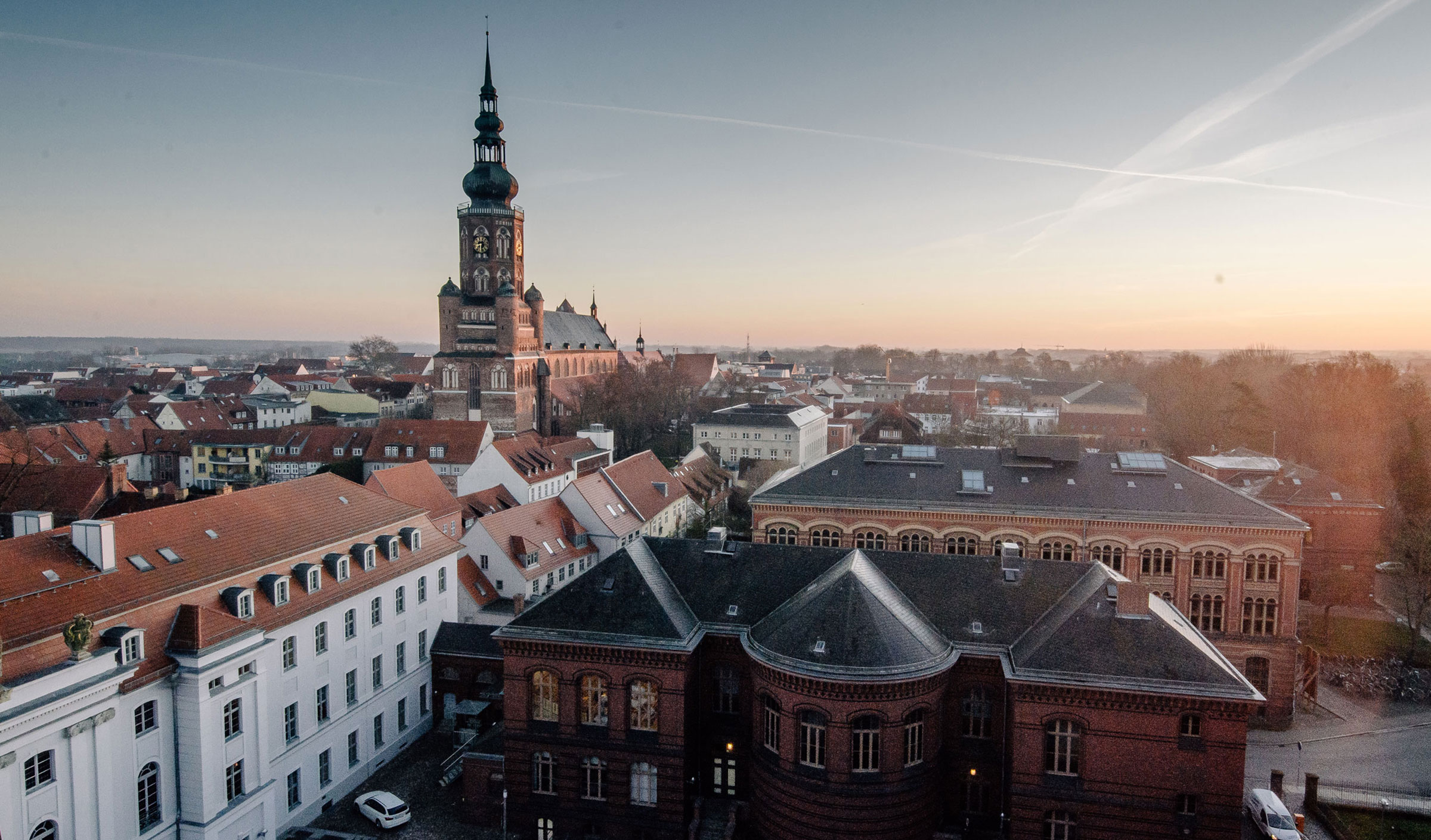The University of Greifswald forms an internationally recognised centre for studying the Baltic Sea Region and its cultural, political, economic and social interactions and exchange processes. Founded under Swedish rule in 1456, its historical role as a centuries-long actor in the manifold socio-political and cultural discourses across the region has greatly informed its current standing as a leading institution for social science and humanities research on the region. Greifswald therefore offers a singular chance to examine important questions regarding cooperation and integration across the different countries bordering the Baltic Sea and beyond. Over the years, the university has established a broad base of interdisciplinary and international expertise in postgraduate education that especially support early career researchers in the numerous small specialist disciplines (‘kleine Fächer’) with particular relevance for the study of the Baltic Sea Region. This is also reflected in the structures for postgraduate education, which combine academic competence and skills with institutional know-how. With “Cultures of the Baltic Sea Region” being one of five core research areas, the subjects of the Faculty of Arts and Humanities are at the heart of this exploration – the combination of Slavonic, Baltic, Scandinavian and Finnish Studies create a competence in language and literature studies that is unique to Germany. This interdisciplinarity of analysing narrative constructions, peripeties and events in the Baltic Sea region is further enriched by the fields of history, international relations and philosophy.
Find out more about the University of Greifswald and the Faculty of Arts and Humanities.

